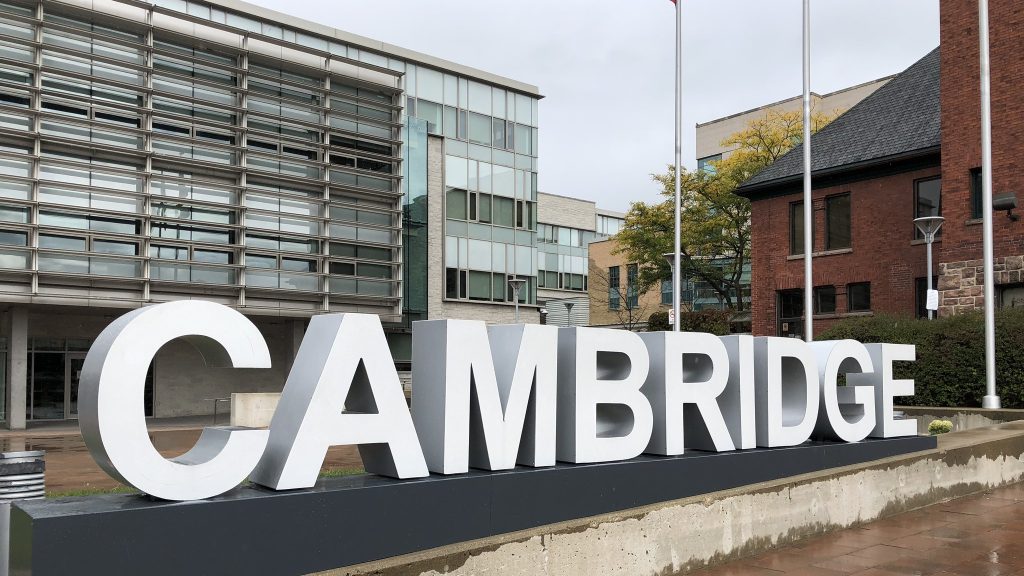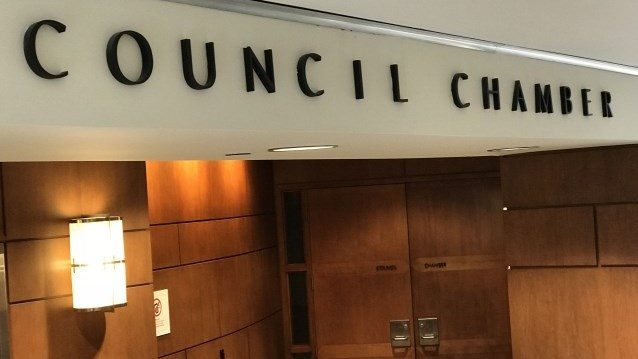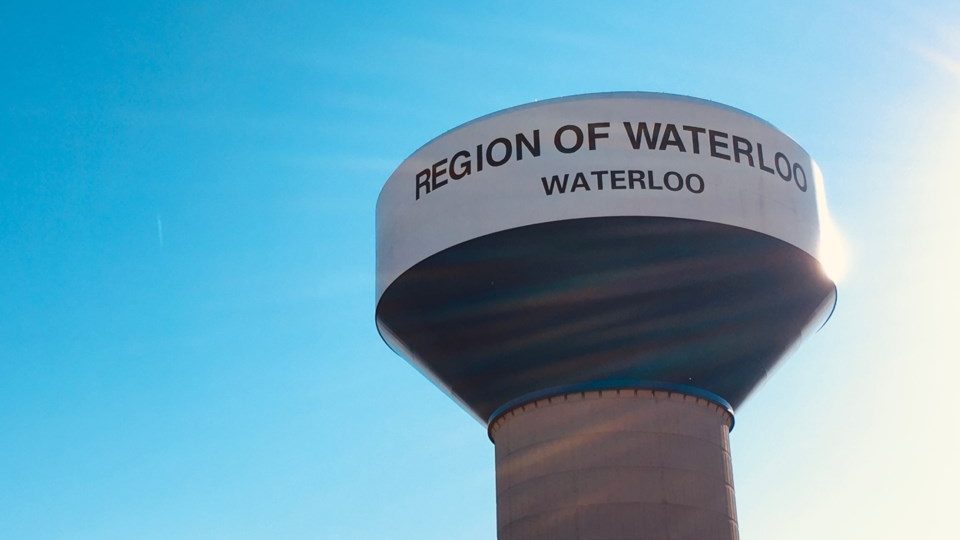Budgets approved for Waterloo and Cambridge; residents paying more in 2025

Posted Dec 10, 2024 07:18:43 AM.
Last Updated Dec 10, 2024 11:05:48 AM.
The cities of Waterloo and Cambridge have approved the budgets for next year and residents can expect to pay more in taxes in 2025.
The Waterloo budget brings a 6.34 per cent property tax increase, and the city said in a statement that will work out to an extra $99 for the average household.
Councillor Diane Freeman, the finance liaison for the city, said Waterloo was “impacted by ongoing price increases, the escalating cost of goods and services impacts the city’s cost of doing business.”
She added that the budget will continue “to close our infrastructure gap, and to fund the critical services and programs that our residents depend on.”
Waterloo’s 2025 budget includes funding for meeting the provincial government’s push for more housing; more preventative building maintenance; and money for more operational expenses and staff costs at the city’s fire department.
For Cambridge, residents will be paying more to the city in 2025, but with a shift in how this budget is put together, some of the increase is from property tax, and some is from water utilities.
Property taxes for Cambridge are going up by 1.24 per cent next year, which means an $23 for the average household.
That does not include stormwater costs, which were moved over to water utility payments, and combined with property tax, it’s really going to be $62 more next year for the average household.
This is Cambridge’s first Strong Mayor budget, marked by Mayor Jan Liggett vetoing a pitch for the budget to include a $100,000 grant to Cambridge Memorial Hospital.
A statement from the city said this budget “maintains all existing service levels while funding important initiatives to support top priorities, including adding more programs and spaces for children and youth, protecting heritage assets and coordinating special events.”
Liggett said the budget “balances growth with fiscal responsibility, and invests in infrastructure and services that matter most to our community.”








